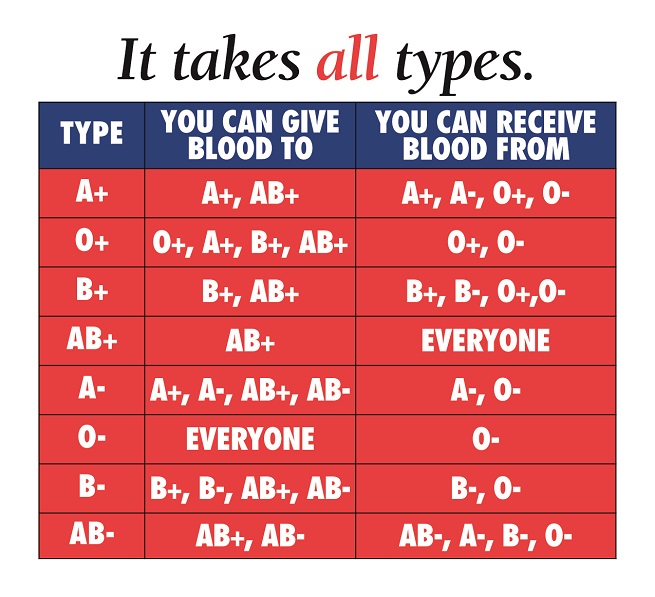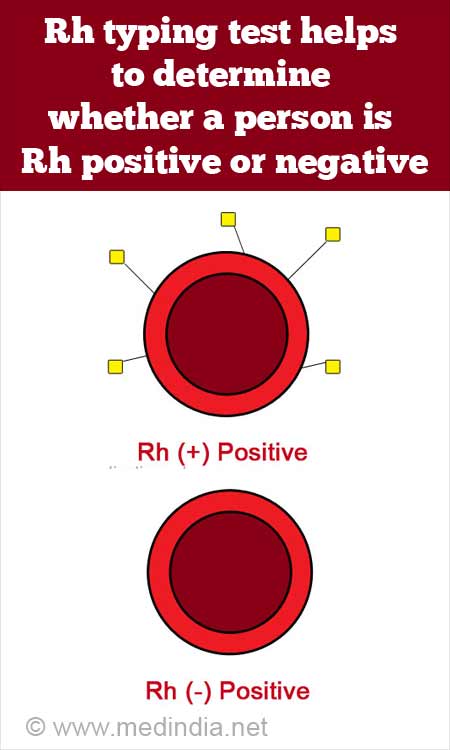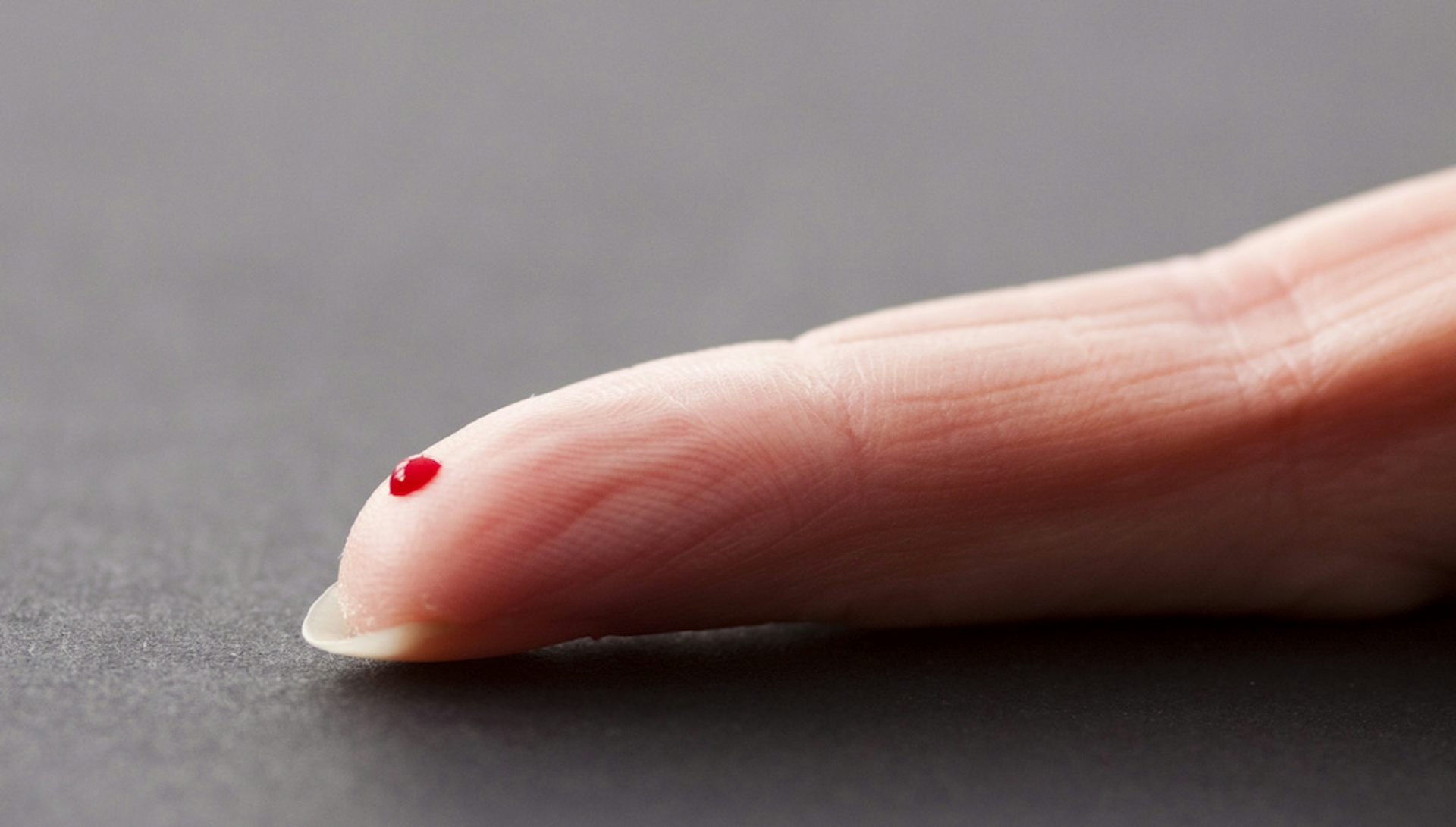

The list of foods that A positive or A negative blood types should avoid is very long and restrictive.



If you don’t have this protein, your blood is rhesus negative.Īround 85% of people in the USA have positive blood. Positive blood has a protein on the surface of red blood cells known as the Rhesus antigen. It doesn’t make a difference whether you’re A positive or A negative. I’m A Negative Blood Type - Does That Make a Difference to the Diet? So, type A blood would have no issues with seeds or nut lectins, but it would cause clumping and other issues when combined with animal-based ones. This reaction either benefits or causes difficulties depending on your blood type. The blood type diet suggests that when our blood mingles with lectins, it creates a chemical reaction. This enables them to digest carbohydrates effectively, but they have difficulty digesting and metabolizing animal fats and proteins. Type As may have a digestive system with low levels of hydrochloric acid and high intestinal disaccharide digestive enzymes. RELATED: Eating for Your Blood Type-B+ & B. In short, it means that your blood type is better at digesting a certain type of food over others. Rarer B blood types are thought to descend from the ancient nomadic tribes that consumed more dairy from their herds. Type O early humans, identified as far back as the 40,000 BC Cro-Magnons, ate the high animal protein diet of hunter-gatherers, but as they moved into a more settled agrarian society, type A blood evolved to help them digest cultivated crops, fruits, and vegetables. Type O was the first blood type (although this is a matter for hot debate among researchers). The theory is that your blood group reveals the dietary habits of your ancestors. There’s no scientific proof these diets work, but the absence of evidence doesn’t necessarily mean they’re ineffective-and the idea has certainly proven popular with the public. There’s no scientific evidence that eating an A+ blood type diet or an A- blood type diet makes a difference or will improve your health, but anecdotal evidence from followers says it has made them feel better and helped them shed excess pounds. For example, individuals with blood group O may have a reduced risk of venous thromboembolism. Your blood type certainly matters when it comes to transfusion, and there’s evidence that some blood types are more at risk of disease. RELATED: 12 Superfoods That Will Help You Lose Weight Quickly Does It Work? It makes sense in theory, but does it work in practice? What Are the Benefits of Following an A Positive Blood Type Diet?Įating food suited to your blood type may lead to better digestion and improved well-being, such as increased energy, a stronger immune system, and a reduced risk of disease.ĭ’Adamo suggests that blood type As flourish on a vegetarian diet, which may help them burn fat and lose weight-although this isn’t the primary aim. D’Adamo, a naturopath who put forward the idea that your blood type reacts chemically with food, and you can, therefore, benefit from eating certain food groups. The “Eat Right For Your Type” theory was created by Peter J. Eating for your blood type means sticking to food that suits your blood, but is it just another fad diet like ketogenic, the Whole30, or Atkins?


 0 kommentar(er)
0 kommentar(er)
